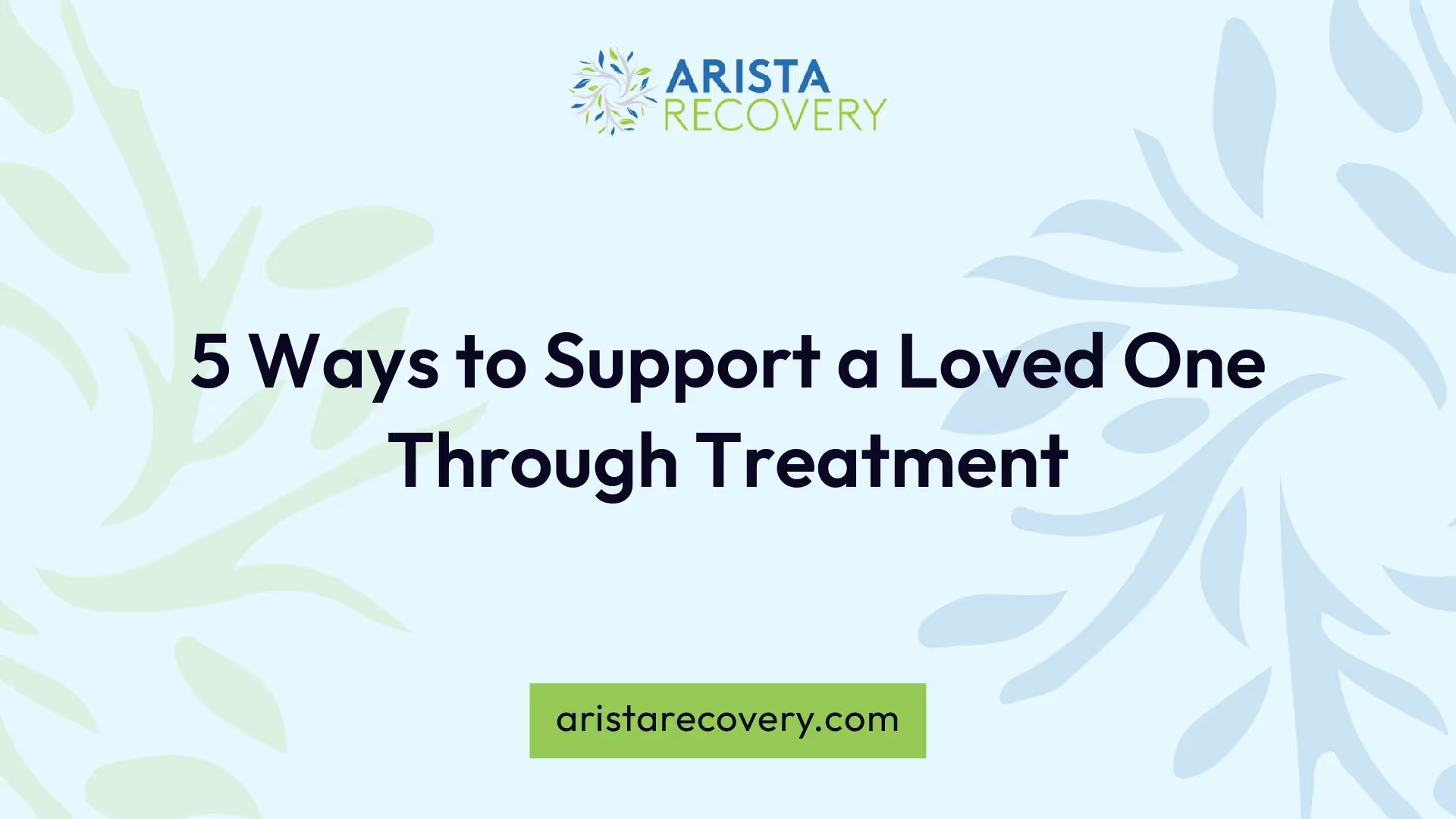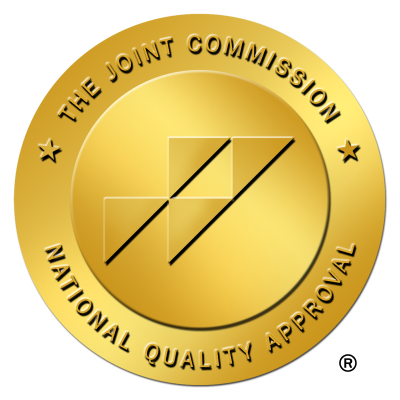5 Ways to Support a Loved One Through Treatment

Supporting a Loved One in Treatment
Supporting someone through treatment for addiction is a challenging yet vital task. Understanding the importance of emotional support and building a strong support network can significantly impact the overall effectiveness of their recovery journey.

Importance of Emotional Support
Emotional support plays a crucial role in improving an individual's outlook and overall wellness. It involves showing care and compassion through verbal encouragement, reassurance, and physical gestures of affection, such as hugs. According to Healthline, people often need emotional support to make difficult decisions, which makes it particularly important for those battling addiction.
Key Elements of Emotional Support
It is essential for those providing emotional support to maintain realistic expectations about what they can achieve. Emotional support can provide connection and understanding but does not entail having all the answers. The goal should be to make the individual feel heard and cared for, not to solve their problems.
The American Psychological Association’s 2022 Stress in America report found that emotional support correlates with lower stress levels and higher rates of well-being. This indication highlights the importance of being there for a loved one during tough times.
Building a Support Network
Creating a robust support network is crucial in helping a loved one navigate their recovery journey. A support network can include family, friends, therapists, support groups, and community resources.
Components of a Support Network
By actively engaging in a support network, individuals in treatment can share their experiences and feel less isolated. Connecting with others who understand the pressure of addiction can foster a sense of belonging and reduce feelings of shame.
Building this network ensures that a loved one has access to various resources that foster recovery. Whether it's advocating for attendance in a local support group or helping to find suitable therapists, a strong support system can make a significant difference in their recovery process. For more ideas on how to be supportive, check out our article on ways to be supportive of recovery.
Five Ways to Support a Loved One
Supporting a loved one through treatment can greatly influence their recovery journey. Here are five strategies that can effectively help someone in need.
Active Listening Strategies
Active listening is a fundamental aspect of providing emotional support. It shows care and compassion by giving complete attention to the speaker. This involves understanding and valuing their words without interruption. Key elements of active listening include:
- Reflecting back the emotions expressed by the speaker.
- Understanding the speaker's perspective and feelings.
- Managing initial resistances within oneself to better engage with the speaker.
By practicing active listening, individuals can foster open communication and a supportive environment. Resources on effective listening techniques can be found here.
Providing Practical Assistance
Offering practical help with daily tasks can significantly alleviate stress for loved ones during treatment. Some examples of practical assistance include:
- Helping with chores like laundry, cooking, or cleaning.
- Running errands or providing transportation to appointments.
- Assisting with child care or other family responsibilities.
By simplifying everyday tasks, caregivers can help individuals focus on their recovery and well-being. For additional ideas, check out the approach to helping families facing challenges such as childhood cancer here.
Encouraging Professional Help
Encouraging a loved one to seek professional help is a crucial part of supporting them through treatment. Whether it involves therapy, counseling, or medication management, a mental health professional can provide tailored approaches for recovery. Encouragement can involve:
- Suggesting therapy or support groups without pressure.
- Offering to accompany them to appointments.
- Helping them research and find suitable professionals.
Healing from depression or addiction often requires specialized support, emphasizing the importance of professionals in the recovery journey. Resources about the significance of professional help can be found here.
These five strategies—active listening, practical assistance, and encouraging professional help—can create a robust support system for individuals undergoing treatment. By being present and proactive, family and friends can make a meaningful difference in their loved one's healing process. For more ways to be supportive during recovery, visit our article on ways to be supportive of recovery.
Understanding and Addressing Depression
Supporting a loved one through treatment for addiction often involves understanding the intricacies of related mental health issues, including depression. This condition should be recognized as a serious mental health disorder that significantly impacts mood, thought processes, and physical well-being.
Supporting Individuals with Depression
To effectively support someone battling depression, active listening without judgment is vital. Individuals facing depression often feel isolated and misunderstood, fearing judgment from others. Creating a safe space for open dialogue can encourage them to share their feelings [2].
Practical assistance can also be incredibly beneficial. Helping with daily tasks such as cooking, running errands, or cleaning can alleviate some of the burden they face, reducing stress and providing some comfort.
Encouraging professional help is crucial in this supportive process. While emotional and practical support is invaluable, depression typically requires professional intervention. Helping loved ones find nearby therapists, support groups, or mental health hotlines can guide them towards the care they need. It is beneficial to remind them that seeking help isn’t a sign of weakness but rather an important step towards healing.
Long-term Support and Patience
Healing from depression can be a drawn-out journey filled with ups and downs. Remaining patient is essential, as pressuring your loved one to recover quickly can cause additional stress and feelings of inadequacy [2].
Understanding that each individual's experience with depression is unique and may require varying amounts of time for healing is crucial. Maintaining ongoing support throughout this period is vital. This can mean checking in frequently, offering a listening ear, and being present even during challenging times.
Supporting a loved one through treatment, especially with overlapping issues like depression, touches on many aspects. To gain better insights into how to assist loved ones during recovery, consider exploring ways to be supportive of recovery or learning about the addiction family disease. A comprehensive understanding and compassionate approach can make a significant difference in the lives of individuals facing these battles.
References
[1]: https://www.medicalnewstoday.com/articles/emotional-support
[2]: https://bestfitcounseling.org/breaking-the-stigma-how-to-support-a-loved-one-with-depression/


